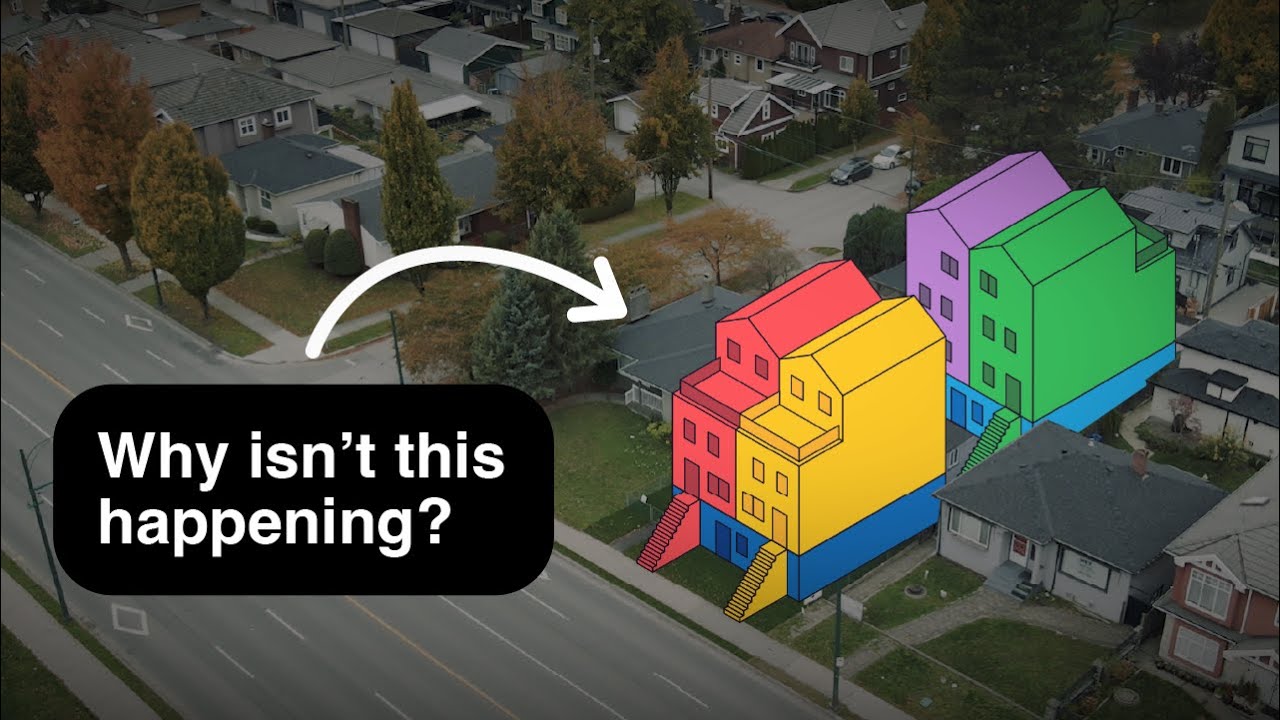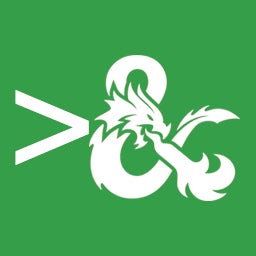

Europe and Africa share roughly the same time zones, from UTC+0 to UTC+3
The Americas might feel like they’re sharing the same time zones if you don’t actually look at a map, but when you do you see that the continent of South America is a lot further east than North America. South America sits from UTC-3 to UTC-5, and North America is UTC-4 to UTC-9 (with the vast majority of population being -5 to -8).
This is all ignoring DST.
















The CIA wrote a manual on how to do this. It’s a bit old and parts of it are outdate for some times of work, but a lot of it is still useful.